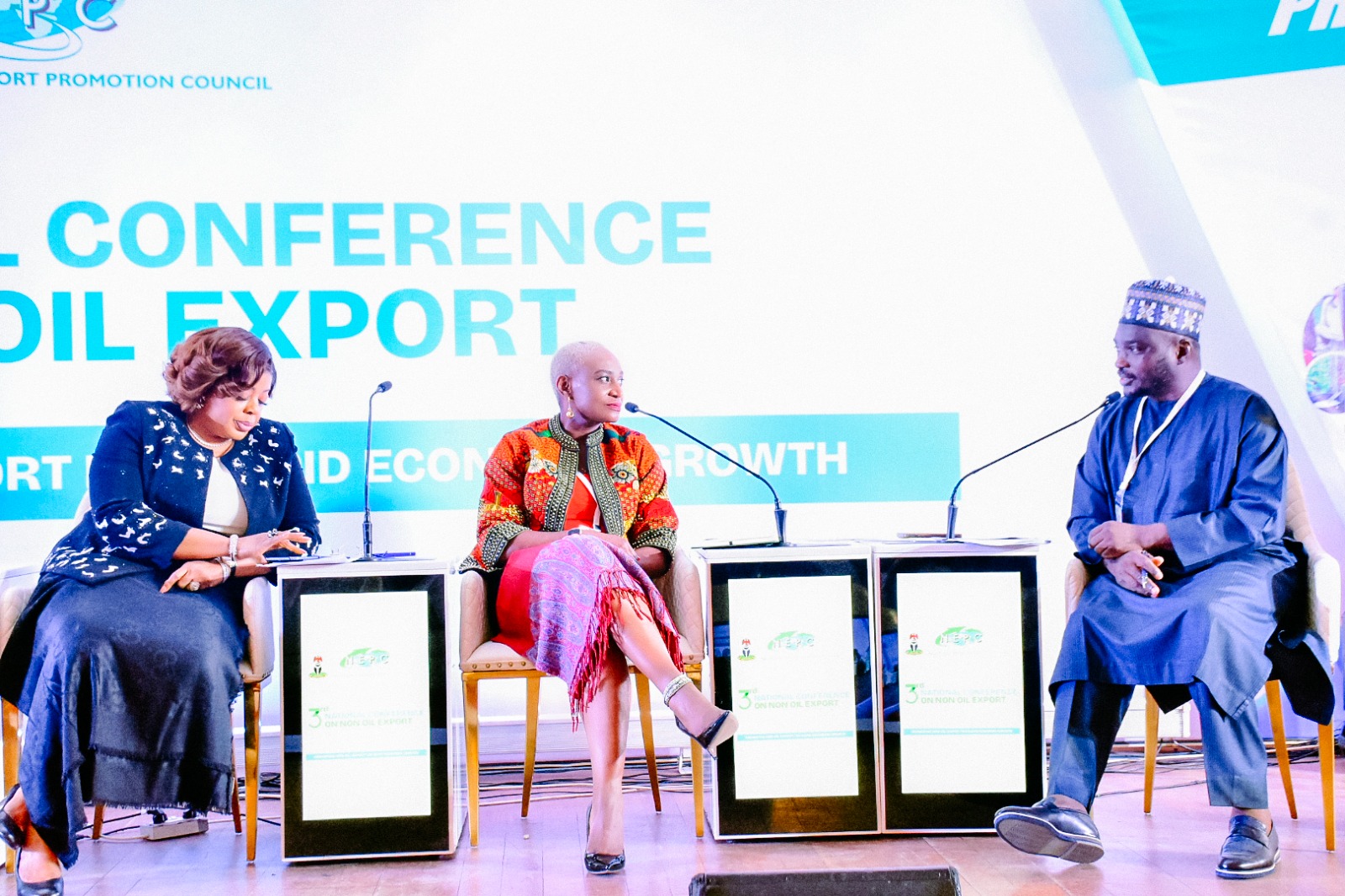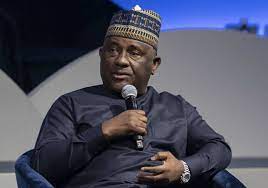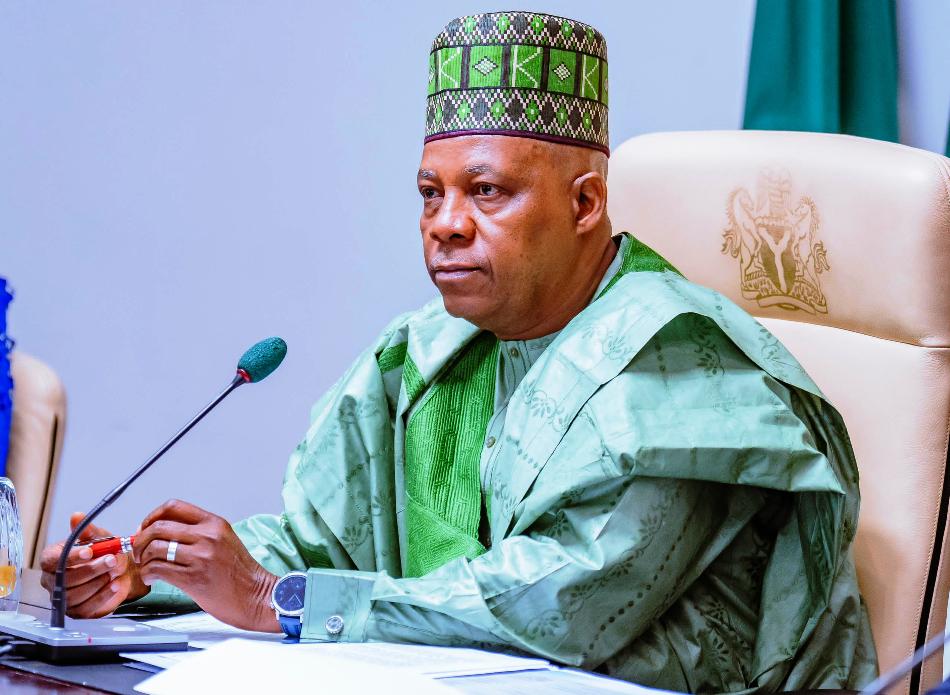Chairperson, Manufacturers Association of Nigeria Export Promotion Group (MANEG), Odiri Erewa-Meggison, has stressed the need to strenghten the administration of the Export Expansion Grant (EEG) incentive initiative in the country, saying Nigeria’s non-oil exports sector holds huge potential to diversify the economy away from oil for economic development.
She underscored the critical role of the EEG in boosting exporters’ competitiveness even as she lamented inefficiencies in its implementation.
EEG importance
“The EEG is a vital incentive that has helped our exporters overcome cost challenges and maintain competitiveness. However, persistent backlogs and reliance on promissory notes for grant payments have undermined the programme’s effectiveness.
“We need the government to prioritise timely disbursements and reliable budget allocations for the EEG to demonstrate their support for the manufacturing sector,” she explained.
She spoke at the 3rd National Conference on Non-Oil Export, organised by the Nigerian Export Promotion Council (NEPC) with: “Promoting Non-Oil Export for Rapid National Economic Growth” as focus.
Erewa-Meggison outlined strategy to tackle key obstacles facing Nigerian exporters such as reducing production costs, improving market access and enhancing export incentives to ensure Nigerian goods gain acceptance in the global market.
She lamented the crippling effect of high production costs on the nation’s export competitiveness, and stressed the need for greener and more cost-efficient energy solutions
She lauded the N75 billion financing arrangement recently introduced by the Bank of Industry (BoI) which provides single-digit interest rate loans to manufacturers, saying it is a step in the right direction.
Erewa-Meggison who is also the External Affairs Director of British American Tobacco (BAT) West and Central Africa, stressed the importance of compliance with international standards to minimise product rejections.
“From packaging to product quality, Nigeria’s exports must meet international standards to avoid rejection. We must enhance awareness around compliance requirements for specific markets, such as the prohibition of certain pesticides in exported produce,” she said.
Erewa-Meggison urged Nigeria’s diplomatic missions and global banking networks to facilitate market entry and acceptance for local goods.
Erewa-Meggison advocated for a return to export credit certificates to ensure faster access to funds, noting: “Transitioning back to export credit certificates would enable our exporters to have quicker and more streamlined access to the incentives they need to succeed in global markets.”
Beyond domestic incentives, she stressed the need for enhanced cross-border cooperation within the Economic Community of West African States (ECOWAS) Trade Liberation Scheme (ETLS). She called on ECOWAS leaders to unify their efforts and ensure consistent implementation of the free trade agreement among member states.
She reinforced the potential of non-oil exports to reshape Nigeria’s economy. She said: “Non-oil exports are essential for driving Nigeria’s economic growth. With adequate resources, government support, and collaborative strategies, we can overcome the persistent challenges facing Nigerian manufacturers.”






